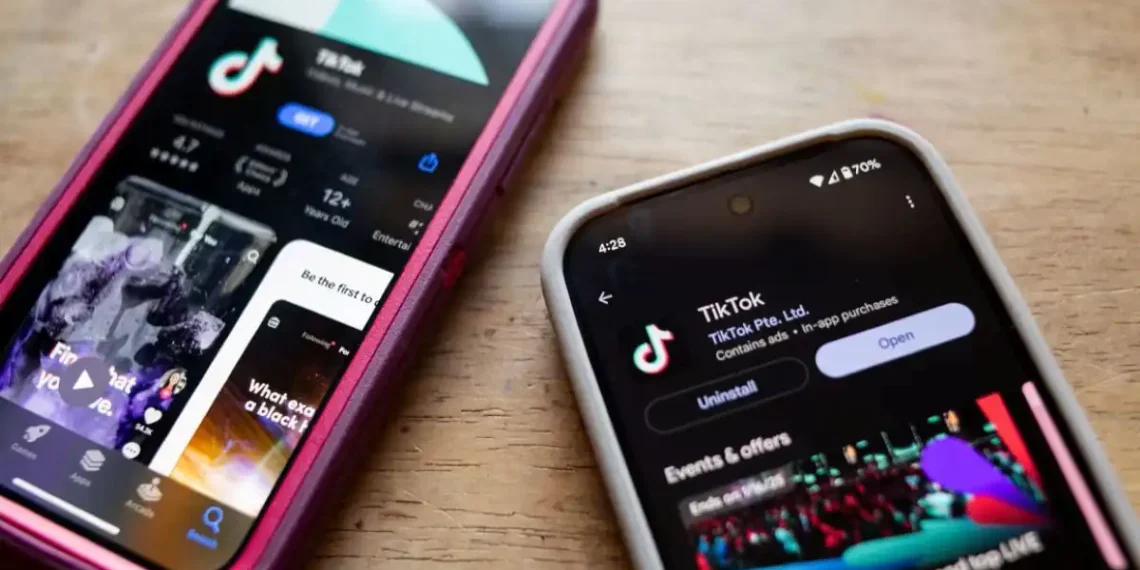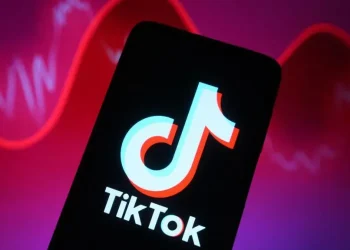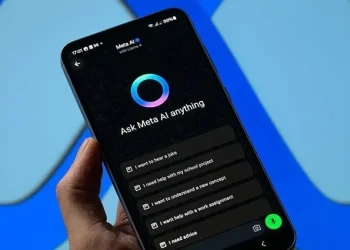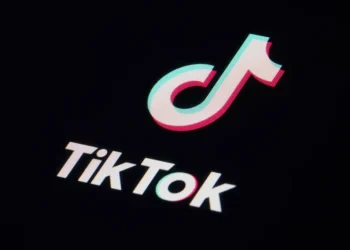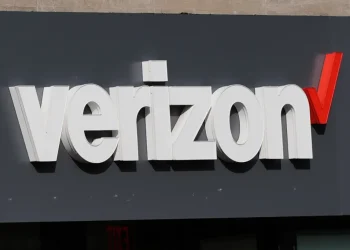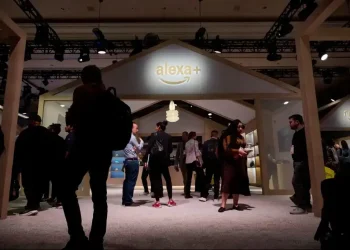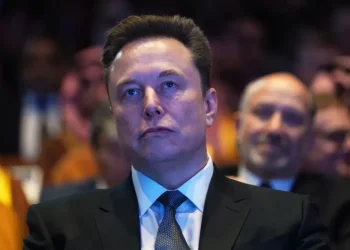TikTok Still Safe—for Now: Trump Signs Third Delay
TikTok’s battle to stay online in the U.S. didn’t start with President Trump—but he’s now the one holding the clock.
The story began under the Biden administration, which passed legislation in 2023 giving ByteDance, TikTok’s China-based parent company, roughly nine months to either sell the app to a U.S. buyer or face a nationwide ban. The law was rooted in national security concerns, with lawmakers worried that the Chinese government could access U.S. user data or manipulate the platform’s powerful algorithm to influence public opinion.
These fears weren’t pulled out of thin air. TikTok had already faced multiple investigations, including a high-profile one by the Committee on Foreign Investment in the United States (CFIUS), which flagged the app as a potential risk due to its ties to China and vast reach among American users—especially younger generations.
By the time the law kicked in on January 19, 2024, TikTok had over 170 million active users in the U.S. alone, making any potential ban a politically sensitive move. The app briefly went offline that day, but returned just hours later after then newly sworn-in President Trump issued a temporary 75-day stay on enforcement.
It was a surprising reversal from Trump, who first tried to ban TikTok back in 2020 during his previous term. That effort, tied to a proposed deal with Oracle and Walmart, ultimately fell apart and was blocked in court. At the time, Trump cited the same national security concerns Biden would later use to justify the new law. But since returning to office, Trump has said he softened his stance after using the app himself and seeing its cultural impact.
TikTok’s Algorithm: The Real Prize
One of the biggest sticking points in any potential deal? TikTok’s algorithm.
Described as the app’s “secret sauce,” the recommendation system behind TikTok is what makes it so addictive—and so valuable. It’s also the part Chinese regulators have shown zero willingness to give up.
In 2020, China added algorithms and AI systems to its list of restricted exports, meaning ByteDance would need the Chinese government’s explicit approval to sell TikTok with its core technology included. Without the algorithm, any U.S. version of TikTok would essentially be a shell of its former self—far less engaging, and far less competitive.
Tech, Trade, and Tension
At this point, TikTok is more than just a social media app. It’s a geopolitical flashpoint in the larger rivalry between the U.S. and China.
The latest 90-day extension comes at a moment when Washington and Beijing are both looking for ways to ease economic tensions, including recent talks aimed at relaxing export controls and avoiding escalation in the tech war. TikTok has become a symbol of that broader struggle over digital sovereignty, tech dominance, and user data control in the 21st century.
Any deal to transfer TikTok’s U.S. operations will have to navigate not just American politics, but also Chinese legal hurdles, tech export regulations, and mounting pressure from Wall Street, Silicon Valley, and TikTok’s massive creator economy.
This article was rewritten by JournosNews.com based on verified reporting from trusted sources. The content has been independently reviewed, fact-checked, and edited for accuracy, neutrality, tone, and global readability in accordance with Google News and AdSense standards.
All opinions, quotes, or statements from contributors, experts, or sourced organizations do not necessarily reflect the views of JournosNews.com. JournosNews.com maintains full editorial independence from any external funders, sponsors, or organizations.
Stay informed with JournosNews.com — your trusted source for verified global reporting and in-depth analysis. Follow us on Google News, BlueSky, and X for real-time updates.
